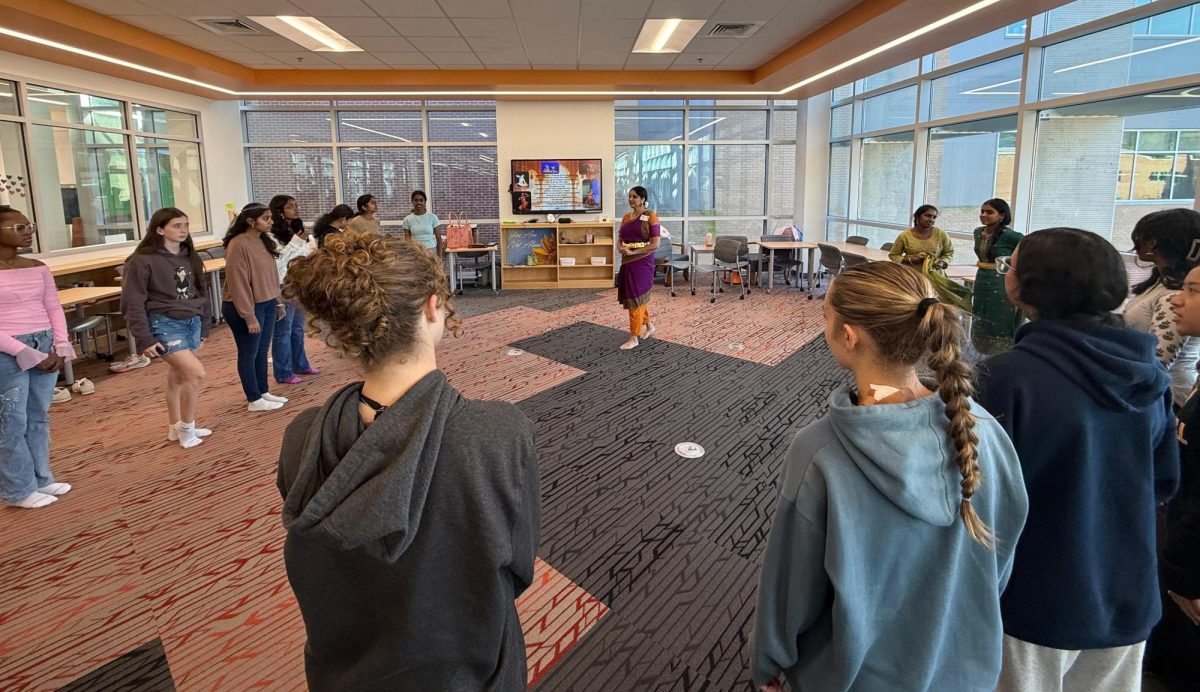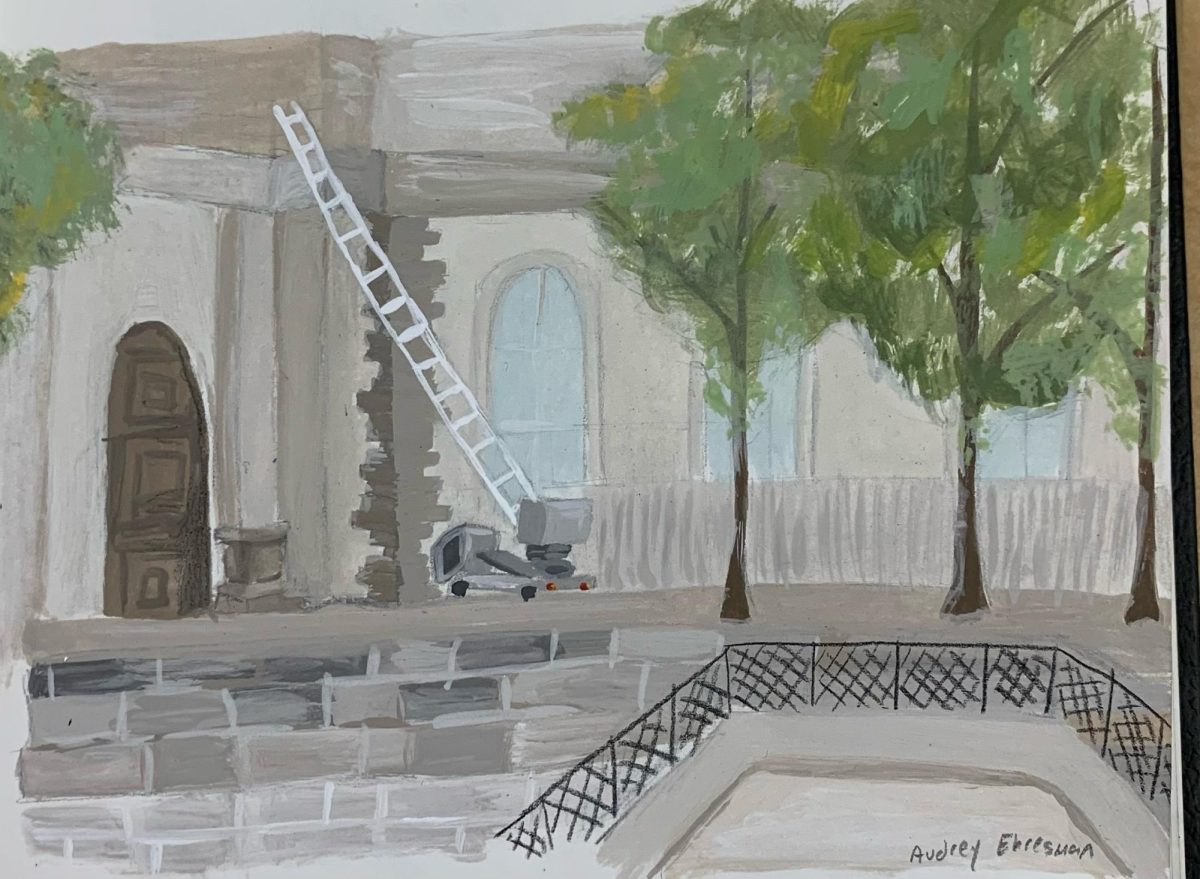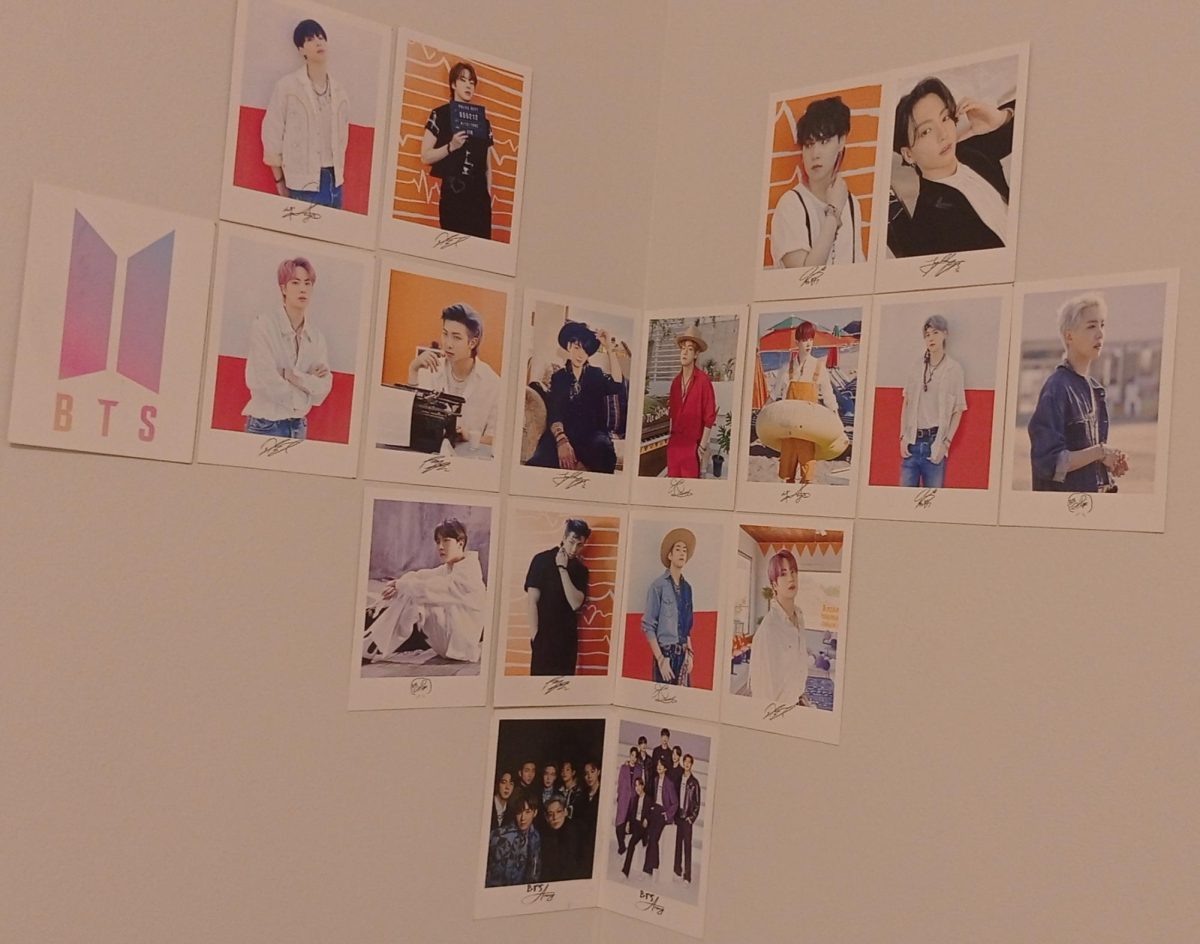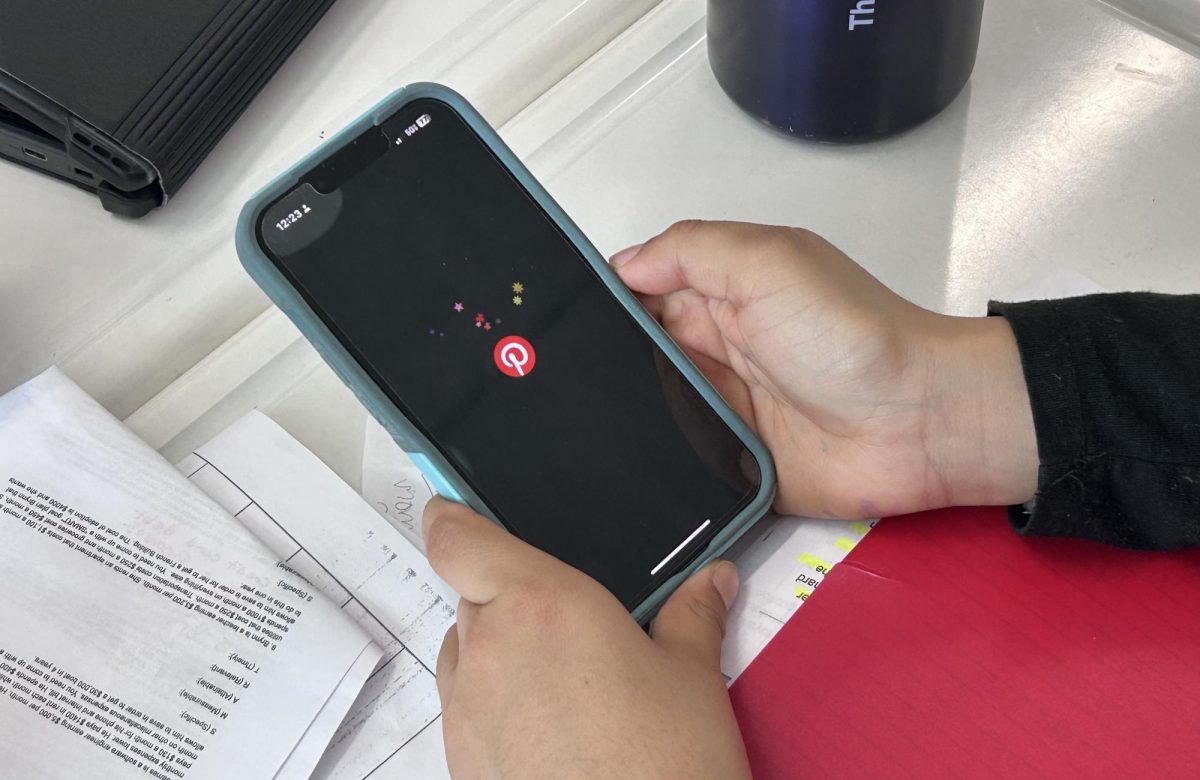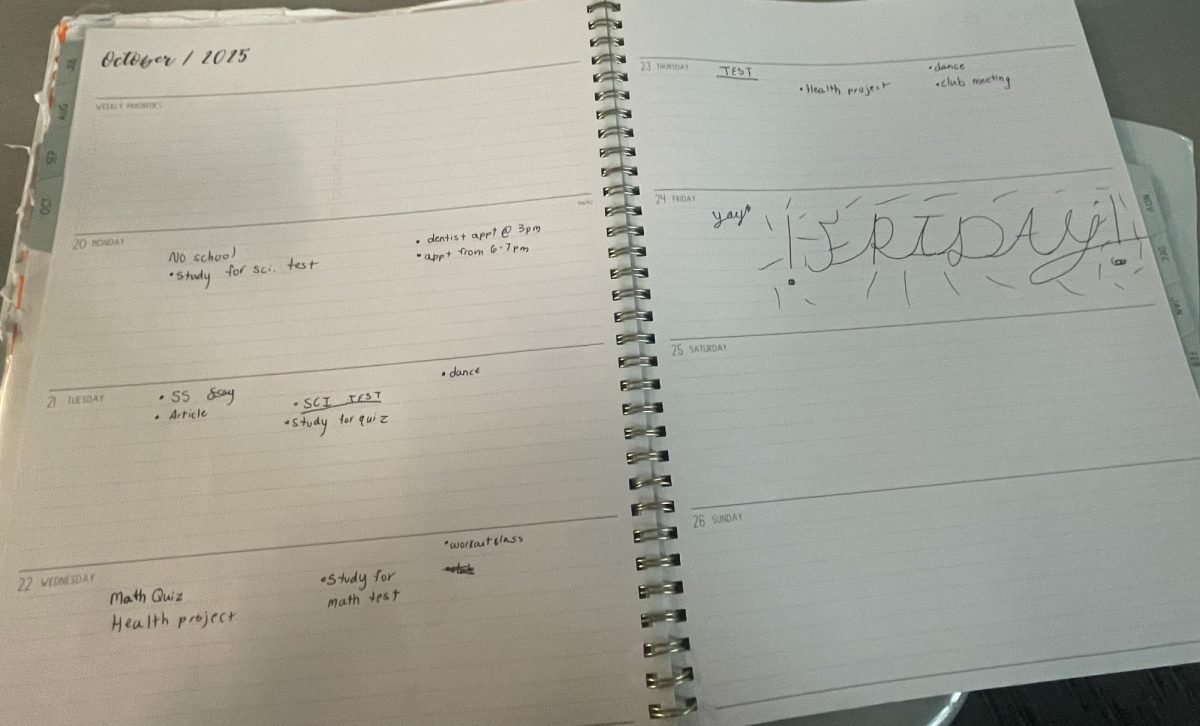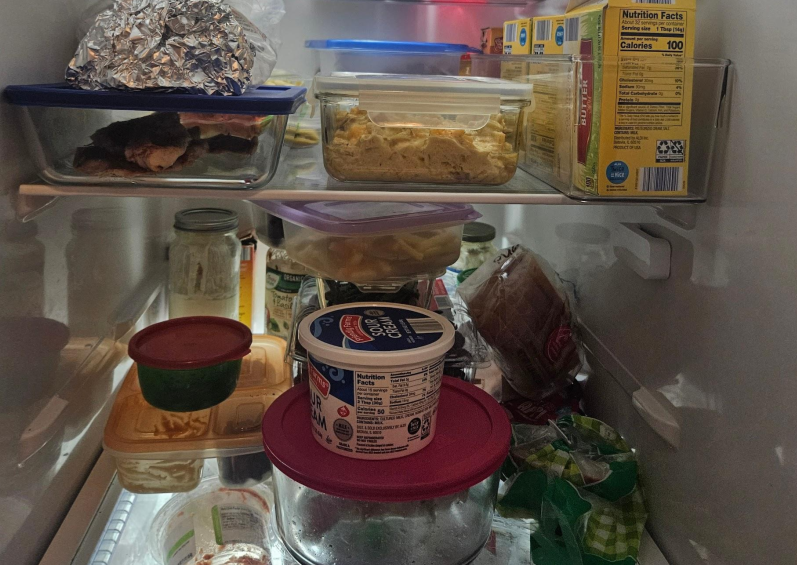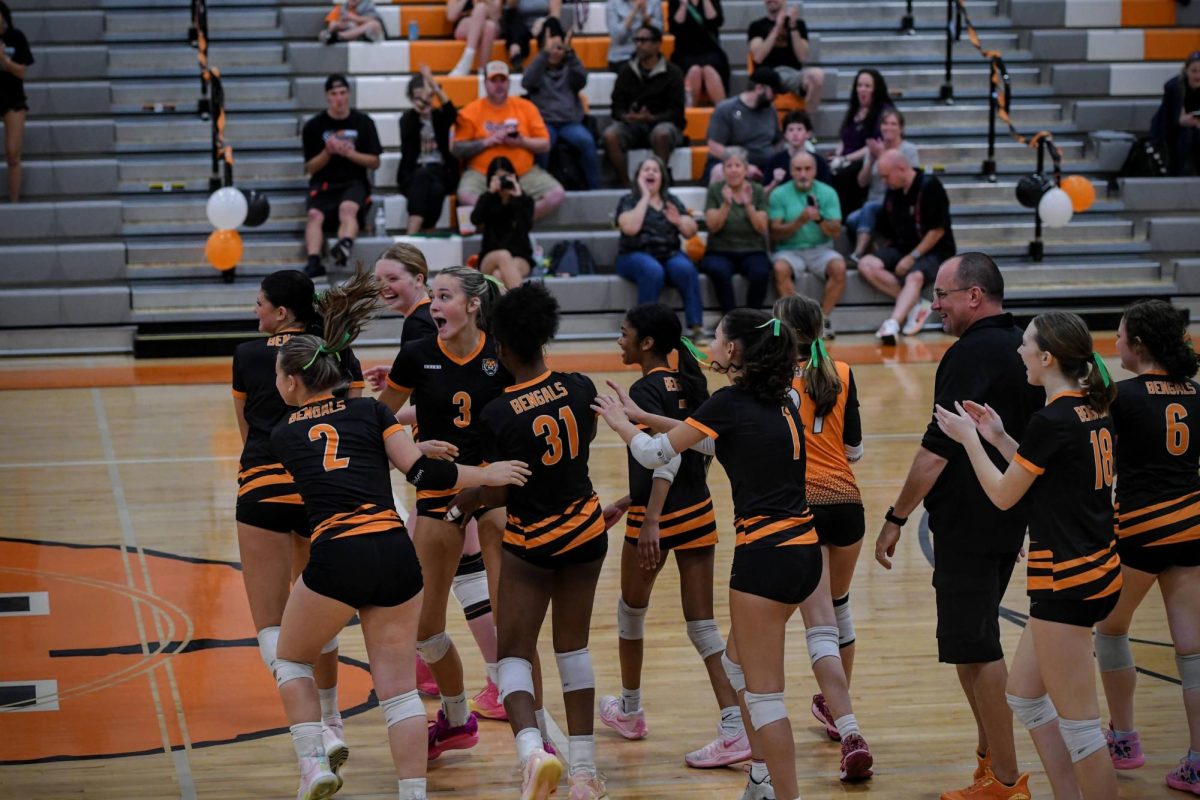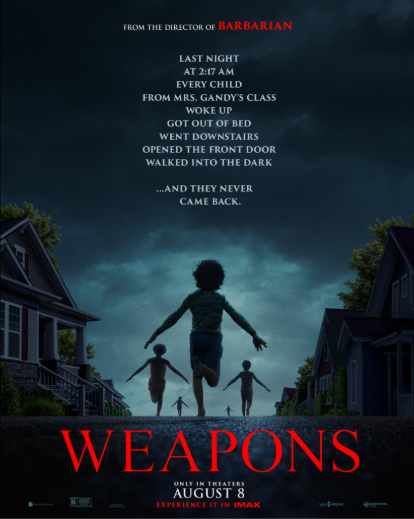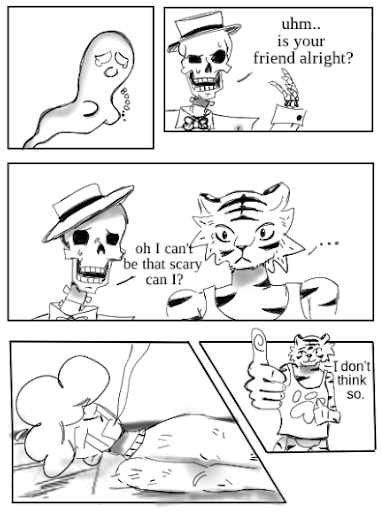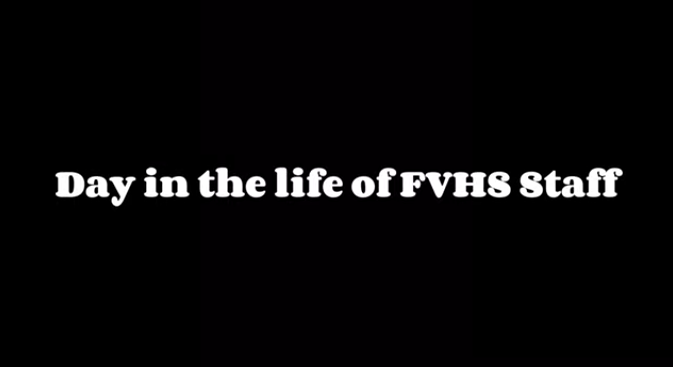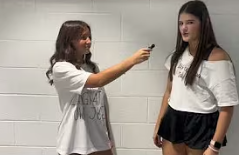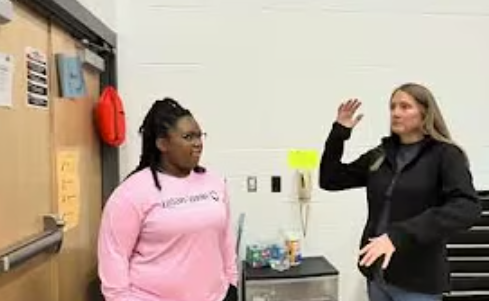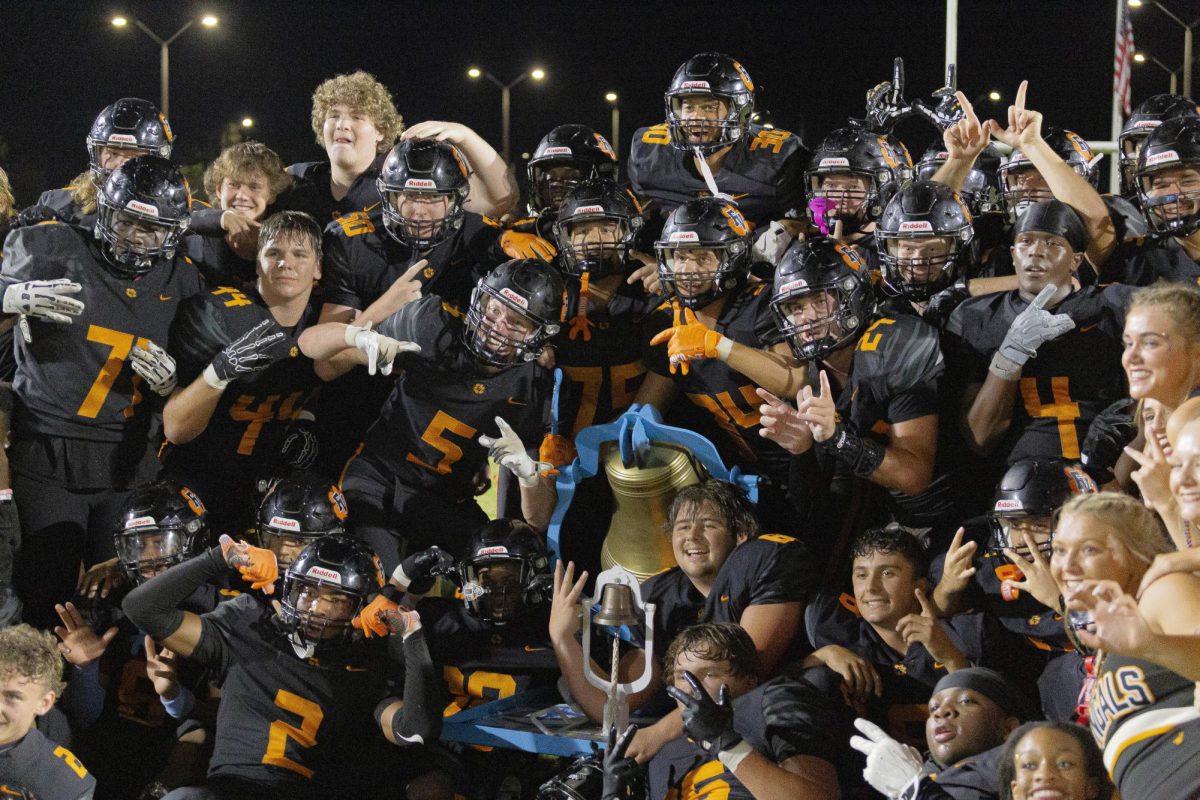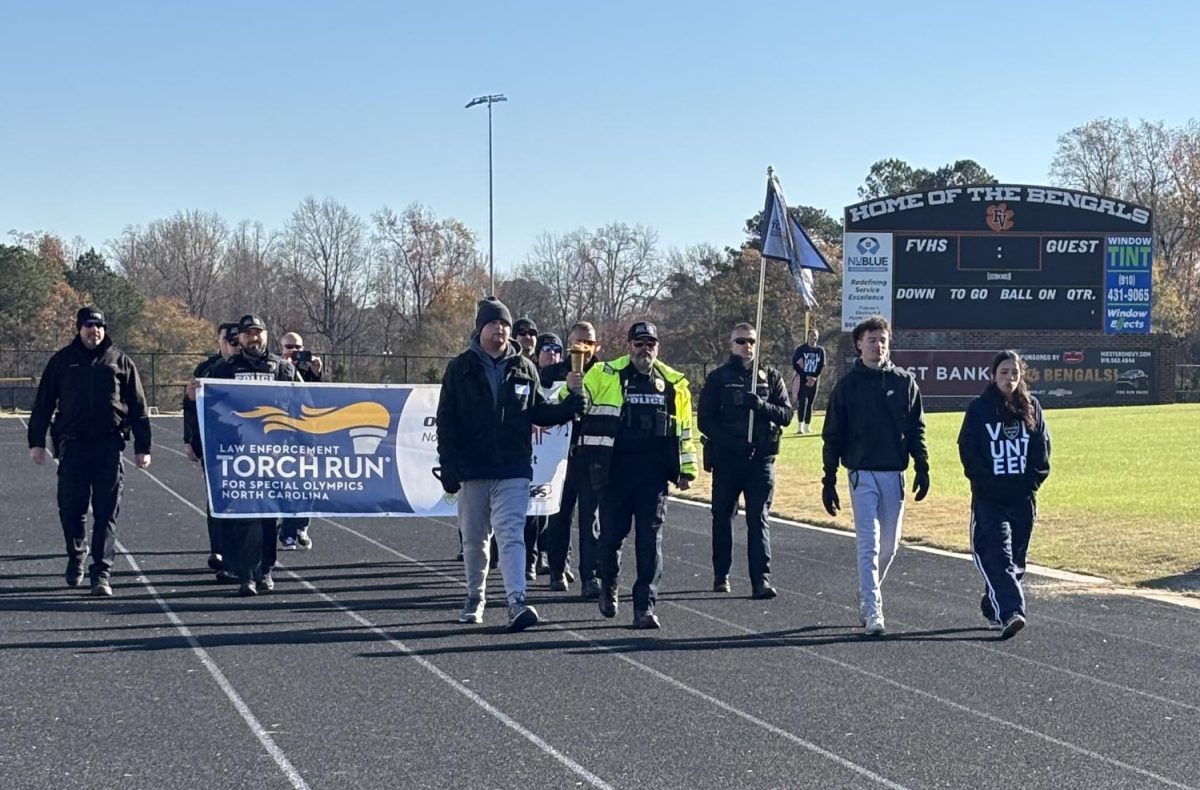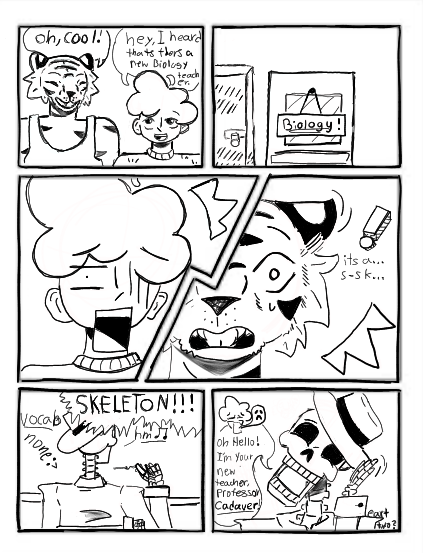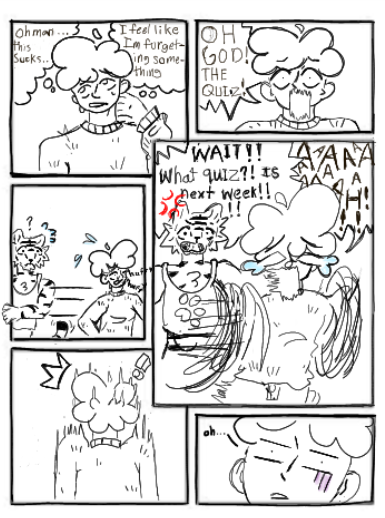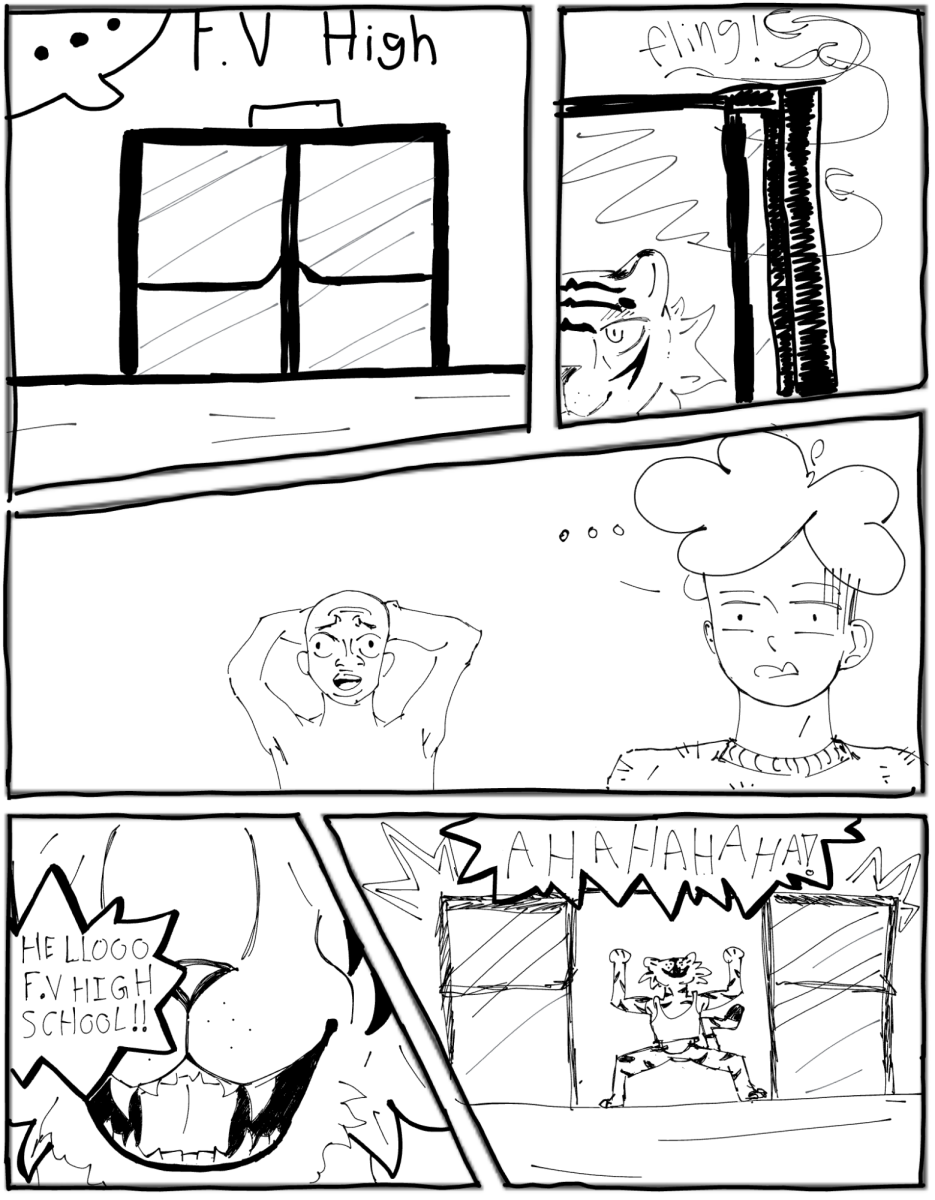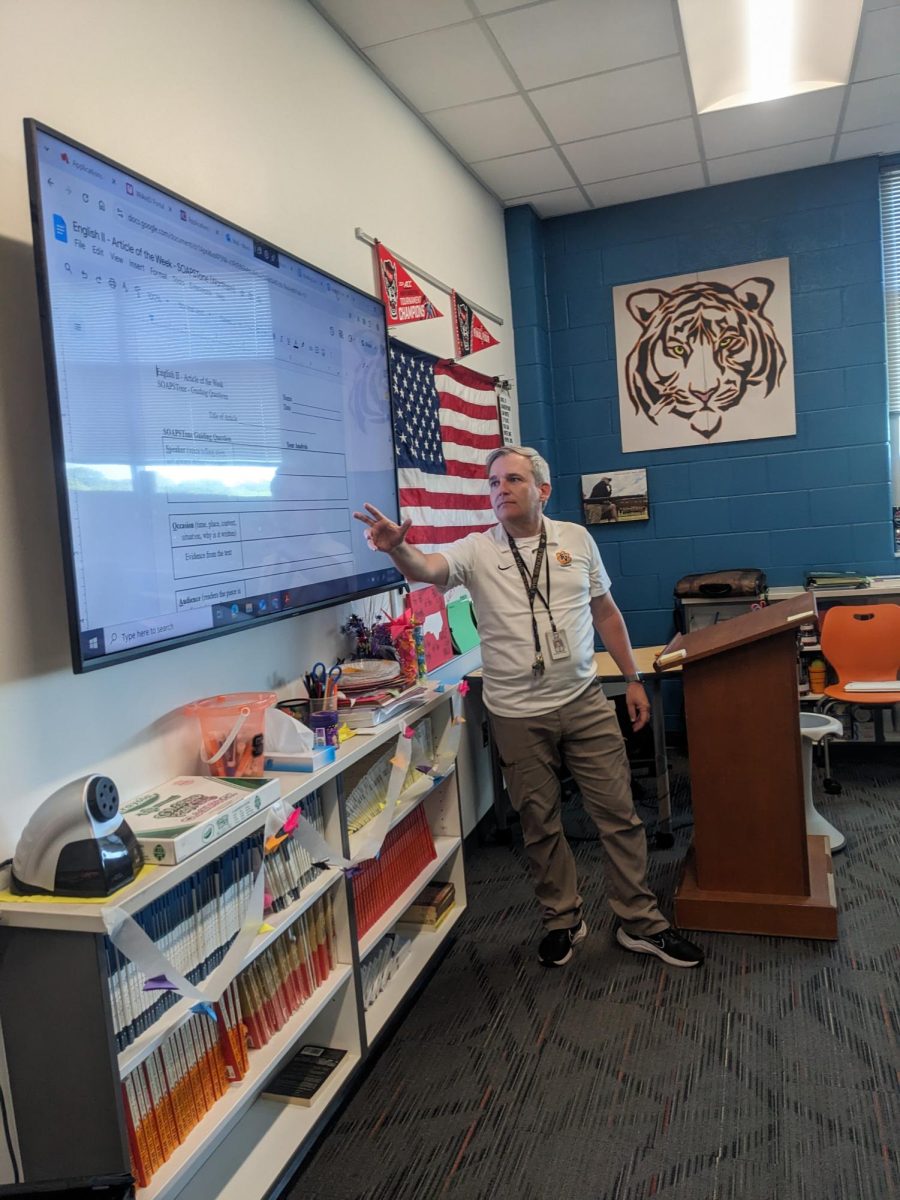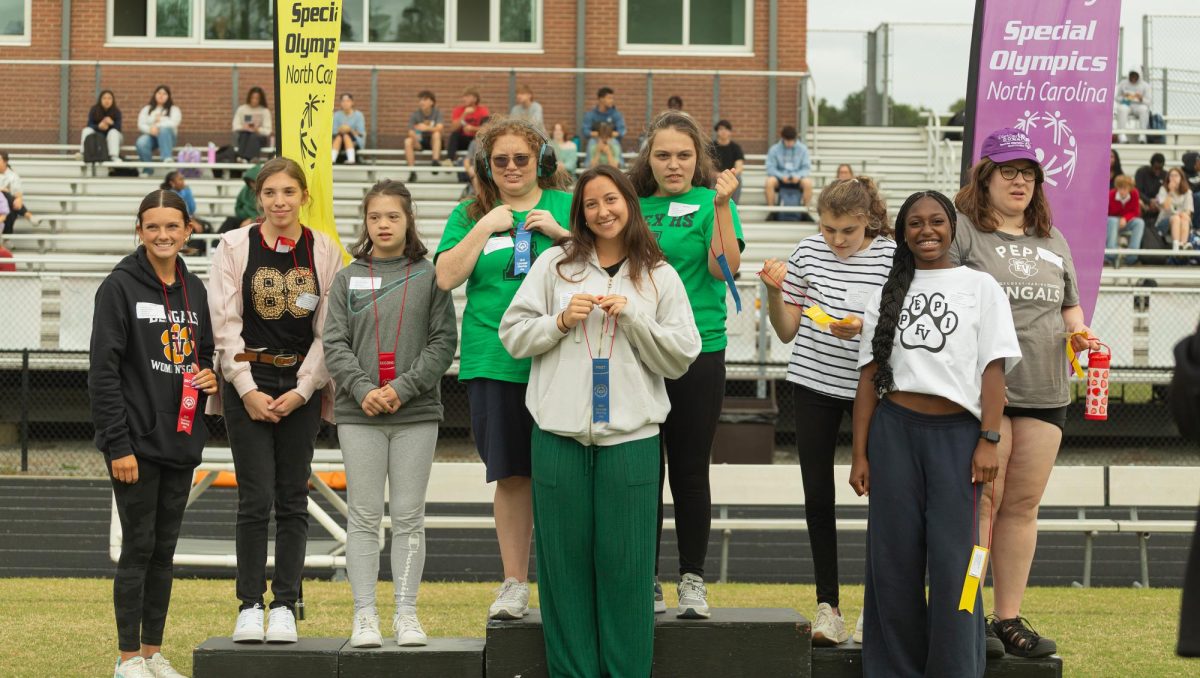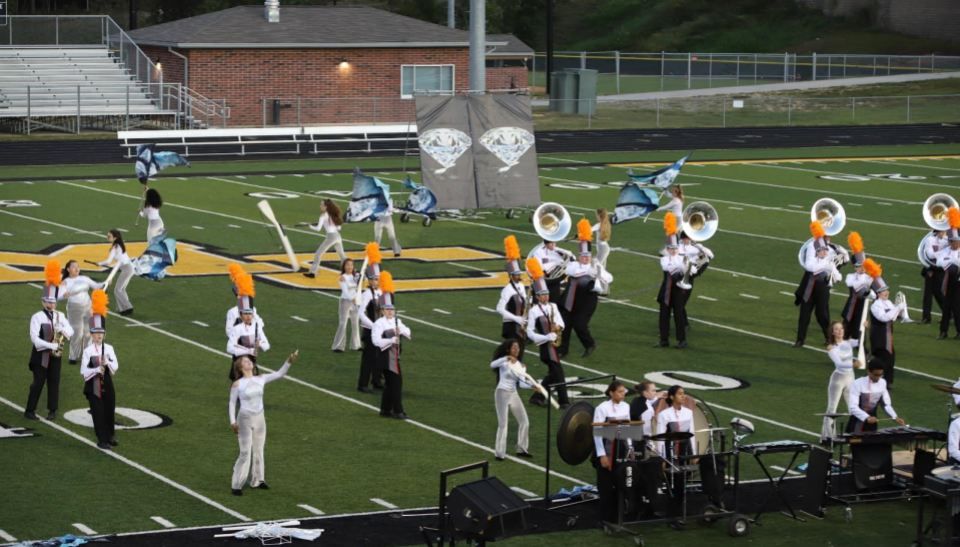Sophomores, juniors and seniors are no longer sharing academic and honors classes. In the past, English has been one class for both honors and academic students. Now, they will be separated for students to study with people on their own levels. This is similar to how math classes are separated into academic and honors.
Sophomore Summer Renkert said, “I think it’s great. I’ve always been on the honors side, and it’s frustrating to have work that’s barely changed from the academic side beyond an extra paragraph or two.”
Teachers wonder how unblending the class will help them teach. Many enjoy the idea because it gives the students the help they need.
English teacher Tristan McKinney said, “It allows students to work in groups that are more aligned with where they’re at, so that they can receive the interventions that they need or jump ahead as they need.”
McKinney talked about how teachers want to get their students a good education. She believes that this was decided now because teachers want to support their students and make sure they’re on point.
English department chair Allyson Wulffert said, “It’s been a preferred choice for the English department for some time. We compiled our student data and reflected on trends, reached out to other schools in the district to share their current plans and reviewed the new Honors Attestation Legislation and realized that we were unable to give all our students the rigor and assistance needed in the blended learning format. Our supervising administrator listened to our concerns and has supported us in our department-wide decision to level most of our English courses next year.”
Students and staff hope that separating the two groups into different classes helps everyone learn even more. It helps kids learn at a pace that doesn’t feel too slow or fast. It depends on the students now, if they want to work or not.
Renkert said, “It helps staff and students by giving each the proper tools they need, instead of a weird middle ground. Instead of having to teach a student who can barely write two sentences and a student who easily can handle seven sentence paragraphs at the same time, the teacher can teach separately and teach better.”
Wulffert explained this would help all of her students. It would give honors students a level up, and academic students would be better prepared for life after high school.
Wulffert said, “Teachers will be able to identify the specific needs of the students in their classes and target instruction to offset any learning gaps. We will be able to adjust our pacing in the curriculum to accommodate our students. Teachers will be able to challenge students and help them prepare for post-secondary education, career or military enlistment.”



